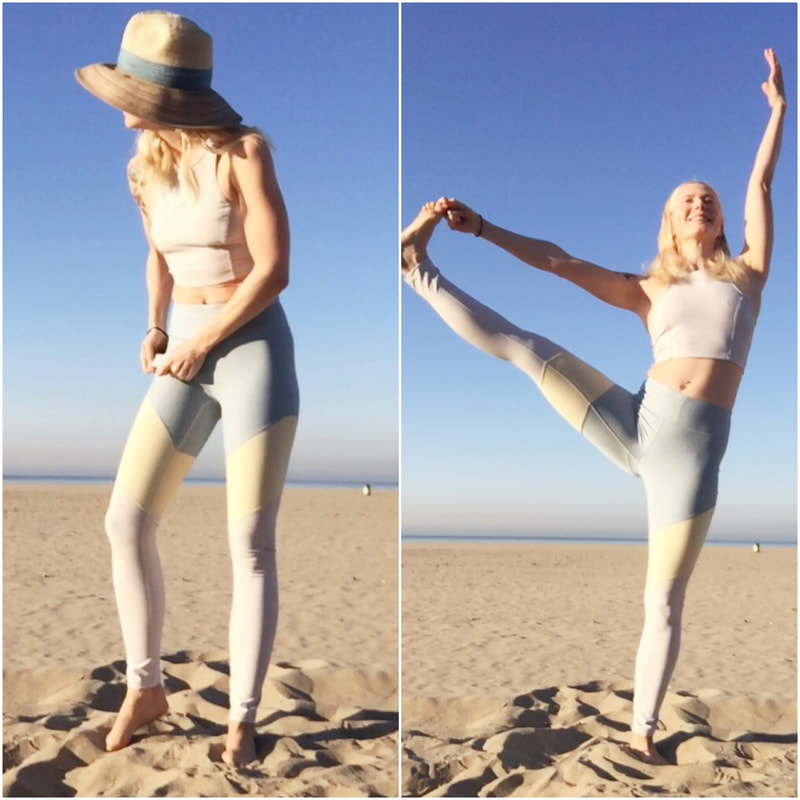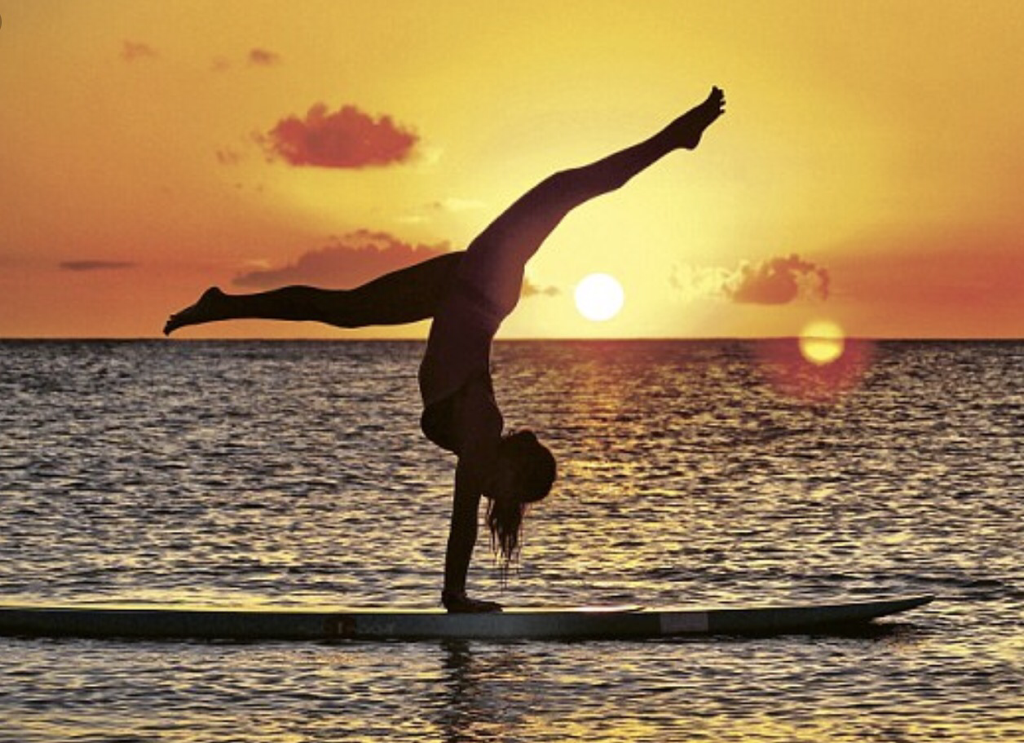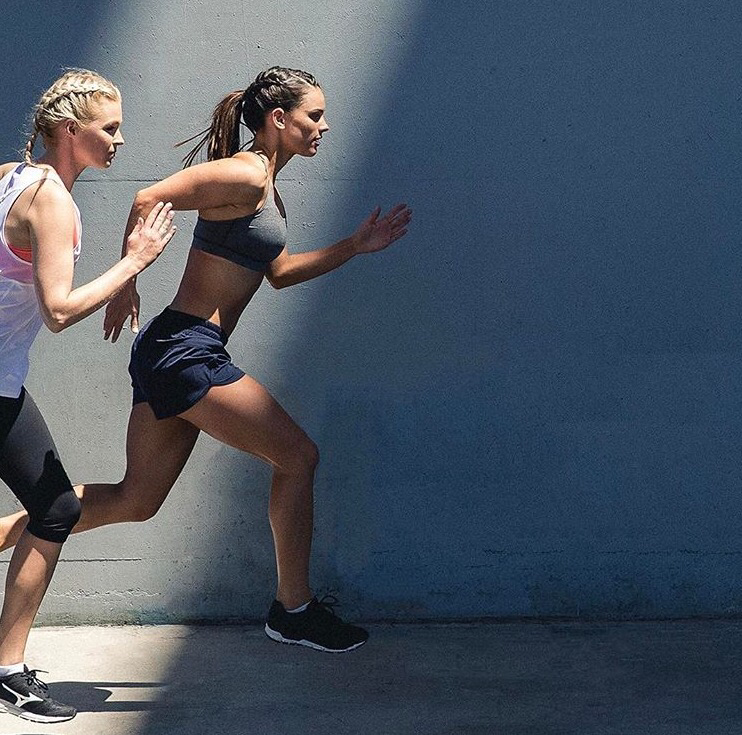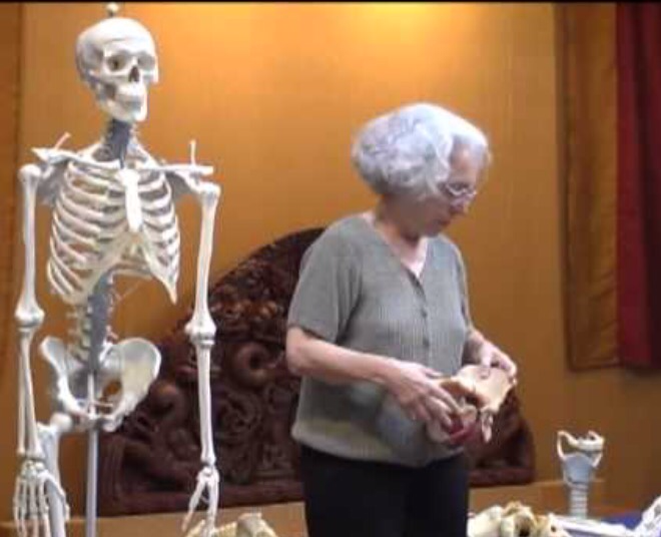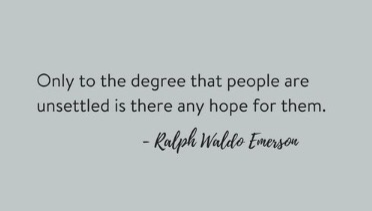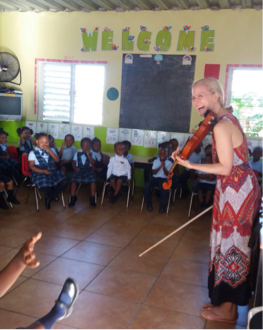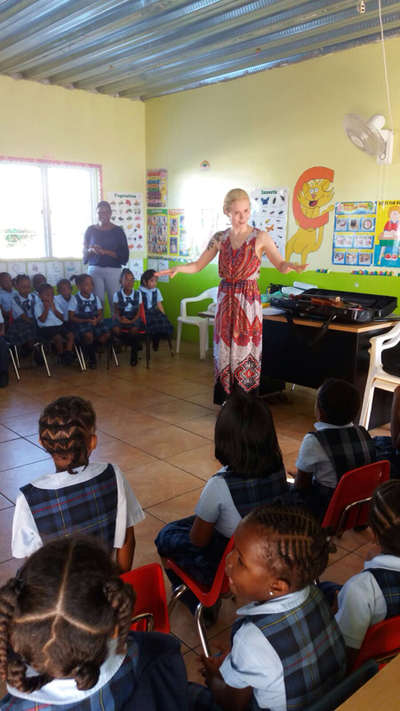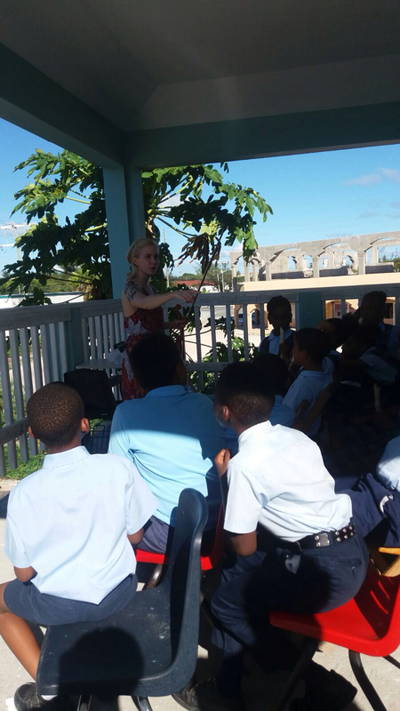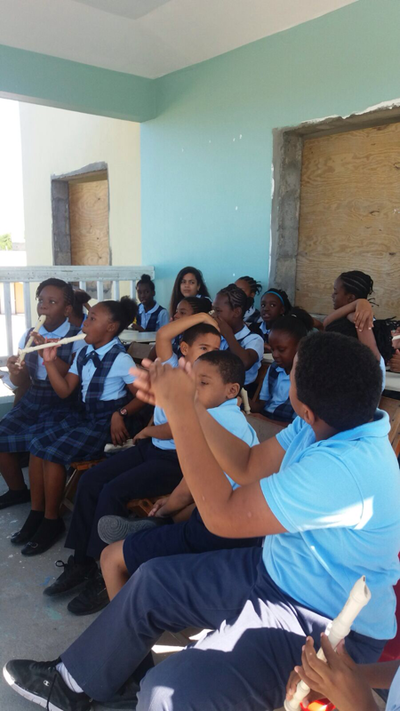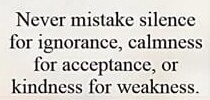|
“Whatever you’re meant to do, do it now. Conditions are always impossible.“ Doris Lessing photo credit: the beautiful Sara Parra, Esencia Dance Company, Los Alamitos, California As artists, we are called to be performers. This is an inner call, an artistic obligation, and a social expectation. But I think I’m not alone in having some inner conflict about performance. So much of the creative process is intensely solitary. In an ideal world, like Casals’ proclamation that he only felt ready to share his Bach after 80, we would only share our process after it has yielded rich fruit and it feels like a natural continuation of our personal exploration to do so. But that’s actually neither realistic nor even productive. In order to feed our fire, creatively and motivationally, we need the pressure of imminent exposure. Nothing is EVER “ready,” but the process of preparation is a huge incentive to creativity. Additionally, the sharing itself, as traumatic as it can often be, yields fresh insights into our strengths and weaknesses. I’m not really pontificating about something that is novel to any creative, just acknowledging this constant inner conflict- an act that is itself kind of liberating and motivating.
You don't have to be a highly evolved paragon of enlightenment in order to ease suffering and bestow blessings - Caroline Myss (Image: Marco Battaglini) I went through a break up recently - one of those processes that is absolutely universal and yet also feels extremely isolating. During that time, friends’ and authors’ snippets of wisdom were incredibly helpful to me, so I wanted to share some of that as most anyone who reads this has or will go through this.
The most important thing to know is that it’s not about them. What all this pain, loss, and sadness is really about is you. That’s both a liberating and terrifying realization. Now you have to face all your stuff that drove you to bond with someone when, for whatever reason, you were ill-prepared to do so and drives you to seek attachment in general (to be clear, not all attachment is bad, but addiction to attachment is – more about that below). Self care is about as overused, overabused, goopified, yuppified a term as you can get. And yet...most of us weren’t taught a. what this really is and b. how to practice. I think Dr. Howard Halpern has my favorite definition; You must learn to listen to the demands of that inner infant and become for her the best possible parent you can be. Nurture, guide, be good to that child, love her deeply, do nice things for her, tell her you will build her self-esteem and confidence and tell her you will always be there for her and never berate her. Also teach her that all of her needs may not be gratified immediately and that she can cope with the pain, that being alone is ok, not to attach to get needs met. The more you can stop yourself from these desperate attempts to avoid facing your own separateness, the more you can experience a mature, self-respecting, almost stately sense of who you are. Got it? Pretty tall order. But, if just reading that paragraph gave you some warm fuzzies, I think there’s hope for you. I’ll leave you from one more gem from the venerable Dr. Halpern; “The intensity of your withdrawal symptoms does not indicate the strength of your love but the strength of your addiction.” This answered a lot of questions for me. My recent break up, though something I provoked, was more challenging than that of my longest relationship. And I realized that was due to a dependency that kicked in as other aspects of my life (work, home) were incredibly insecure. Becoming overly dependent on another person’s love is surely a weakness, but it is also a quintesssentially human one, so go gentle on your sweet self, shore up your life so that you don’t do it again, and self care like a boss. Change is hard, yo! (so hard that I'm compelled to punctuate this statement with a completely uncharacteristic interjection) - even for someone who lives fairly far along the spectrum of adventurousness. Our brains love habit, consistency with an addictive ferocity - ESPECIALLY when that habit gives you love, comfort, and security. And yet almost all evidence (biological, social, creative) urges us towards change, towards the new, to evolve - ESPECIALLY if we feel that itch of something not quite being the right fit for us. TRUST THE ITCH. Particularly during these scary, uncomfortable, and even sad times of change we have to trust that we CHOSE to leave people, places, and things because they no longer served our highest good. Not only trust, but celebrate! Look back with so much gratitude and learn from it but celebrate that you chose change to better yourself - how awesome is that!? Go you!:) On that note I'm sharing some things about LA that make me happy - because gratitude is the muscle that assists change. Top of the list is my fricking backyard: Santa Monica State Beach - and that it's sometimes foggy enough for this pale-assed vampire to do yoga on the beach. This place calms me down more than I can say. All in all, a pretty huge thing to be thankful for.
MUSICIANS' HEALTH COLLECTIVE: SUPPORTING THE HEALTH OF MUSICIANS
The Intersection of Dance, Pilates, and Music: An Interview with Cicely NelsonAugust 31, 2017 Cicely Nelson is a violinist, educator, pilates teacher, dancer, and general somatic adventurer. With a wide range of educational and artistic experiences, as well as having lived a number of places, she brings a unique perspective to all that she does. She's also a recent Canadian transplant in Los Angeles, which is a new chapter in her career. I am impressed by all that she does and I can't wait to meet up with her and move the next time I'm in LA. K: Tell us a little about your varied career. You have a wide range of interests and training, and a blended career in multiple fields of education, somatic teaching, and music performance. (and a liberal arts degree too!) You also just moved to LA... C: My parents are very musical and music was a constant in my house growing up. Dancing was really my first artistic outlet - I danced seriously (attending professional schools in Canada) and professionally until my early twenties (I am back to dancing now, after some time off, but not as much ballet). Dancing is a tough career though, and I think, in many ways, I was emotionally unprepared for it, and I found healing and strength in returning to therapeutic bodywork as a career while at university in New York. Music kind of slowly blossomed alongside that. So I'm not sure I even noticed at the time how helpful both conditioning and somatic work was for my playing! That I maintained my physical health was always kind of a given. Later, encountering so many musicians with physical issues, I really realized the value of the work I do! In New York I used to teach pilates to a big-name violinist. I'll never forget the day he asked me for a violin lesson – for the sake of his alignment of course, my head exploded nevertheless! Cicely here in the early days of studying ballet K: When did you start music study as a child, as well as dance, and how did studying those two performing arts concurrently affect you then and now? C: Like I said, dance was very much primary, but music always alongside. I don't think musicians always think of dancers as musicians (but of course they are) - and, similarly musicians do have far greater command of their coordination and propriocention than they realize! My bodywork makes me super keenly aware of the physicality of playing - to the extent that it can occasionally be difficult to get into a state of flow where I'm just thinking of the music. But generally body awareness really helps my playing. K: How does the liberal arts degree factor into things? C: I didn't have much of a high school experience (due to ballet school), so college was really about studying anything and everything! Thankfully, I went to college in New York City so it was a tremendously stimulating place to kind of reroute my passions after the ballet career and, while I dabbled in premed and even contemplated going a more academic direction, I don't think it was really ever a question that I could stay away from the arts. K: You additionally have training in Suzuki- when did you start that? C: I was made aware of the really excellent Suzuki teacher training program at the school for strings in NYC after I finished my undergraduate degree. In all honesty, the program's approach sounded so similar to Pilates! The school really emphasizes creatively finding a slow, steady, systematic path for every single student, regardless of ability or learning style. The skills that I had gained in training people to move came in really handy in teaching children to play. It's really such a great program! Incredible teachers – I think of them every day that I teach, not only the amazing violinistic tips but their humanity – how they really prioritized developing the whole child as opposed to just a little prodigies, how art for them wasn't just about creativity and achievement but also about emotional health. This resonated with me as it wasn't a balance that was particularly well struck during my own childhood. K: How does have a somatic background affect the way you work with beginners and children? C: Oh wow, it's huge! Kids are so much more in touch with their emotions than adults, for a variety of reasons. Of course, they're not always able to understand or verbalize their feelings, but my awareness of how emotions manifest physically enables me to guide both their learning and performing experiences with extra sensitivity, I think. K: Who have some of your biggest teachers/mentors been, either in movement or music? C: I've been fortunate to study with some incredible mentors - in all of my endeavors. I've always sought answers very avidly and, for better or worse, impatiently - so, if one my mentors wasn't getting through to me, I would seek another answer. Of course the downside to this is that I have been a somewhat of a fickle student. In New York, I studied violin with Joey Corpus, who is just a total savant. He extremely creative about solving violinistic issues - he has no set system, his eye just seems to see. Also, somewhat ironically for a paraplegic, his instructions are extremely kinetic, an approach that resonated with me. In terms of bodywork, I absolutely adore Bonnie Bainbridge Cohen. Her work on embodied anatomy, living in our bodies instead of our minds, was and remains a game changer for me. Cicely doing swan on the ladder barrel Erika Bloom has been an incredible Pilates colleague and mentor. We met up in New York in 2006, where I was a member of the team that opened her first studio. It was so refreshing to work with someone who prioritized education and truly kept themselves and their team abreast of current anatomical and neuromuscular scholarship. I think that's becoming a more common model now, but not as much 10 years ago. I continue to work for her now, having moved to LA to open her first West Coast studio last January. K: What has the intersection of movement and music done for you? C: They are the same to me. Vehicles of expression that demand massive amounts of devotion, drilling, sacrifice, and self care. But pursuits that are more rewarding than anything under the sun. Being a musician makes me a better dancer and vice versa. Pilates, yoga, and bodywork are truly my therapeutic recourse personally, but also teaching is both something that fills me up and enables me to give back in a really tangible way. Of course performing arts make people's lives better, but that can sometimes feel somewhat abstract? In teaching Pilates I feel I can make people's lives better in the moment, which provides a nice counterbalance to the occasional loneliness of artistic pursuits. K: What are you currently fascinated with in your own movement practice and what do you want to learn more about? C: Oh that's such a great question. Last year, after a fairly stressful couple of years, I was working in the Caribbean and I had lots of extra time. My obsession then was limits – that I had always been focused on finding and pushing my boundaries and limits, but I wanted to take that time to find a real comfort zone – not pushing boundaries and leaning into ligaments, but really making my muscles stronger and becoming fluid and confident within my own skeleton. That was a really helpful direction to take and I do feel much more grounded now. Bonnie Bainbridge Cohen's work has been really influential recently, especially her studies on how we somatize emotion and, similarly, how movement is far more than a physical therapy, but also tremendously impactful on emotional, intellectual, and even spiritual levels. K: What are some upcoming projects? C: Playing-wise, I am getting in shape for orchestra auditions. Given the variety of my interests, even if I could win a full time orchestra job, that wouldn't so much be my ideal life, I'm more focusing on getting in better shape to that I can play with better pick-up orchestras? My dream is to meet some local chamber musicians, that is of course my favorite thing. I had that in New York - people with whom you play for fun but people who are serious and professional so that a bunch of gigs came our way and we actually did quite well in the classical nightlife scene there for a few years! In terms of dance, I continue to dance here in Los Angeles, mostly studying with both visiting and local Flamenco artists and performing a little bit, just casually. I'm still pretty new to Flamenco, so there is so much to learn! But what I especially love in this art form is that the dancer is the musician. I'm probably most deeply involved right now in getting Erika Bloom's studio up and running in the Brentwood neighborhood of Los Angeles. I'm really excited for what our studio can bring to this city! In my experience here thus far, Pilates is usually lumped in with fitness and the whole magic bullet/vanity industry, which of course it can be, but we offer so much more than that - a really holistic approach to wellness, movement, and fitness that is about so much more than this typically-LA obsession with looking good - and an approach that is directed by arguably the best education available in the industry at the moment. K: Thanks so much, Cicely! If it weren't for the wobble, we wouldn't recognize the value of stillness, that suspension between wobbles.
May be it's a trademark of youth, for better or worse, but I vividly recall the exhilaration of putting myself in both physically and emotionally grueling situations with the belief that they would push me to superhuman capacities. And whether it's because of maturity or simply, finally wising up, I don't do that as haphazardly any more. Because, contrary to my expectation, it diminished the value of everything I did and it also diminished my capacity for appreciation. I trust the process more now. I trust my own abilities more, my own motivations. And I finally begin to appreciate the value of enjoyment. I would still say that I embrace a stoic philosophy, but one needn't suffer for that balance. The wobbles have value too. Confession: although I truly should know better, I'm a boot camp junkie. I love being pushed, I love strenuous cardio. I know there are other ways to work up a sweat, but, when one is busy, this is a quick endorphin rush and cardio burst. But truly, after working in therapeutic Pilates and physiotherapy for over ten years now, I've seen a cautionary number of injured boot camp and cross fit clients. It's not hard to see why; group fitness trainers simply cannot safely guide thirty people through a rigorous workout. And yet, I know that, if I still crave these things, certainly less body-aware people do as well. So, with that in mind, here are some tips for surviving boot camp:
And, if at all possible, avoid boot camps. The truth is all of our bodies are incredibly different. Engaging in fitness mindfully and healthily requires a well-educated instructor and, ideally, a personalized experience. But of course not all of us can afford one-on-one daily sessions. So listen to your body, educate yourself, and by all means just get out there and do it. I had the immense privilege of attending a workshop with the venerable Bonnie Bainbridge Cohen last weekend at the University of San Diego. For those of you who are not familiar with her work, for over fifty years, Bonnie has been at the forefront of the mind-body movement. With the detail and finesse of a hybrid between a medical professor and a dance teacher, she teaches embodied anatomy, guiding students to a deeper connection to our neurology and physiology through mindful movement.
This particular workshop, "weaving and tonifying our central core," addressed how our "core" is more far-reaching - both in space (anatomically) and in time (from embryological origin) - than is often understood. We explored the dynamic interweaving of the structures of the diaphragm/s, vis-a-vis Bonnie's hypothesis that the diaphragm's crura extend both lower and higher than most western anatomical texts attest. And we explored the effect that this hypothesis has upon peripheral joints through movement, novel schematic paradigms (largely of an embryological bent), and touch. As a result of this new information, I am slowly exploring motions for new awareness and connectivity - both personally and in my clients, motions that are so commonplace to pilates instructors, like knee folds, squats, and leg circles. I am finding that both Bonnie's emphasis upon the diaphragm's crura and her explanations of its embryological origins radically affect how I conceive of and initiate motion, which has far-reaching implications upon how I teach movement, but also upon how I conceive of musical expression - both as a musician and teacher, and even upon how I move through the world. Personally, this has been a lot to take in. While I have known of Bonnie's work for several years, to study with her in person led to much greater depth of understanding, physically and intellectually. It honestly feels more like the very beginnings of understanding. My previous confidence in my anatomical knowledge seems almost liminal. And, while that's scary to admit, it's also ok. For, as I mentioned in my previous post, being unsettled makes us more deeply aware and attuned. And that's a great thing. copyright © cicely nelson 2016 I've been pretty remiss about blogging for the past couple of months, no doubt to the anguish of my legions of fans:). I had more time to process my thoughts while living in the Caribbean, and the past two months - travelling in December and now acclimating to a new city - have been a time of tremendous change, so my silence is due to both general overwhelm and some uncertainty about what the present moment means, as much is still unsettled - which also always a global truism but especially at the moment.
And that's ok. In an unsettled state we are more aware. We are vigilant - the hunters and the hunted. We are more attuned, accountable. So here's to making the most of an unsettled time. Here's to planting seeds even when we don't know if they'll sprout or not, or if they do, if we'll be around to see them. copyright © cicely nelson 2016
copyright © cicely nelson 2016
Change isn't always fast. Sometimes it seems righting a wrong that's half a millennia old may take just as long. That doesn't mean it's not happening. The increased activism of the past two weeks may appear to be subsiding slightly, but it will never drop to pre-Trump levels. You can say what you want about the Pantsuit Nation, but that group has mobilized millions of previously fairly apolitical people. Not to mention the numbers of that group who are now running for public office. The ACLU is stronger than ever before in its history, Black Lives Matter is practically mainstream (Glenn Beck is now on board!? We are truly living in apocalyptic times). On of my favorite conversations this week has been with a colleague, who posted this. Politically, it's a call to continue to educate ourselves, to listen more than we talk, to be more interested than interesting, and to protest peacefully when possible, but never stop protesting. But it also has somatic correlates: we must allow our bodies and minds to fall silent from time to time. We must recharge at a baseline of calm in order to stay in the fight. If we are constantly abuzz, we cannot listen to the wisdom that courses through our veins. And per kindness; sometimes it means being explicitly loving but sometimes it's admonishing someone for not knowing better, withdrawing from toxic people, or fighting back to protect yourself. Somatically, sometimes kindness is nidra and other days it's boxing.
Personally, these past few months I've cleaned house, holding myself and those close to me to higher standards of integrity. I've investigated why I allowed less than nourishing relationships and habits in my life. I've established greater awareness of my boundaries and how I enact them. I'm more profoundly aware of my own permeability - sensitivity to energies - and take steps to protect myself. I share this not out of boastfulness, but to urge you to do the same. Now is not the time to compromise. copyright © cicely nelson 2016 |


